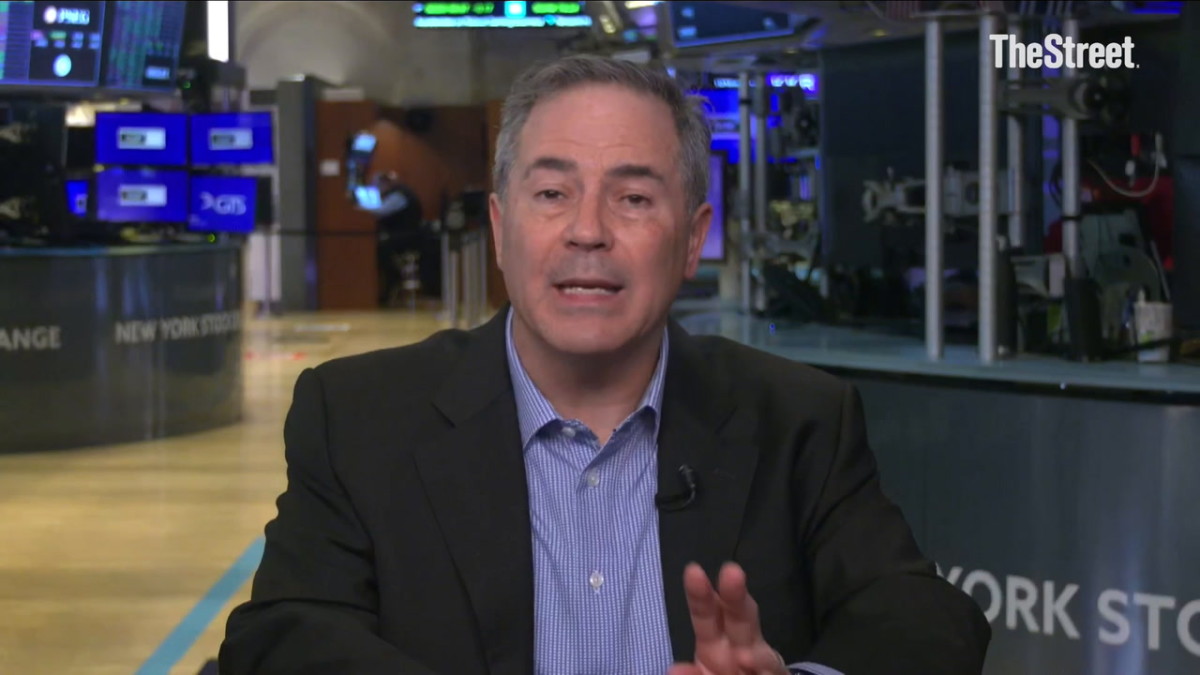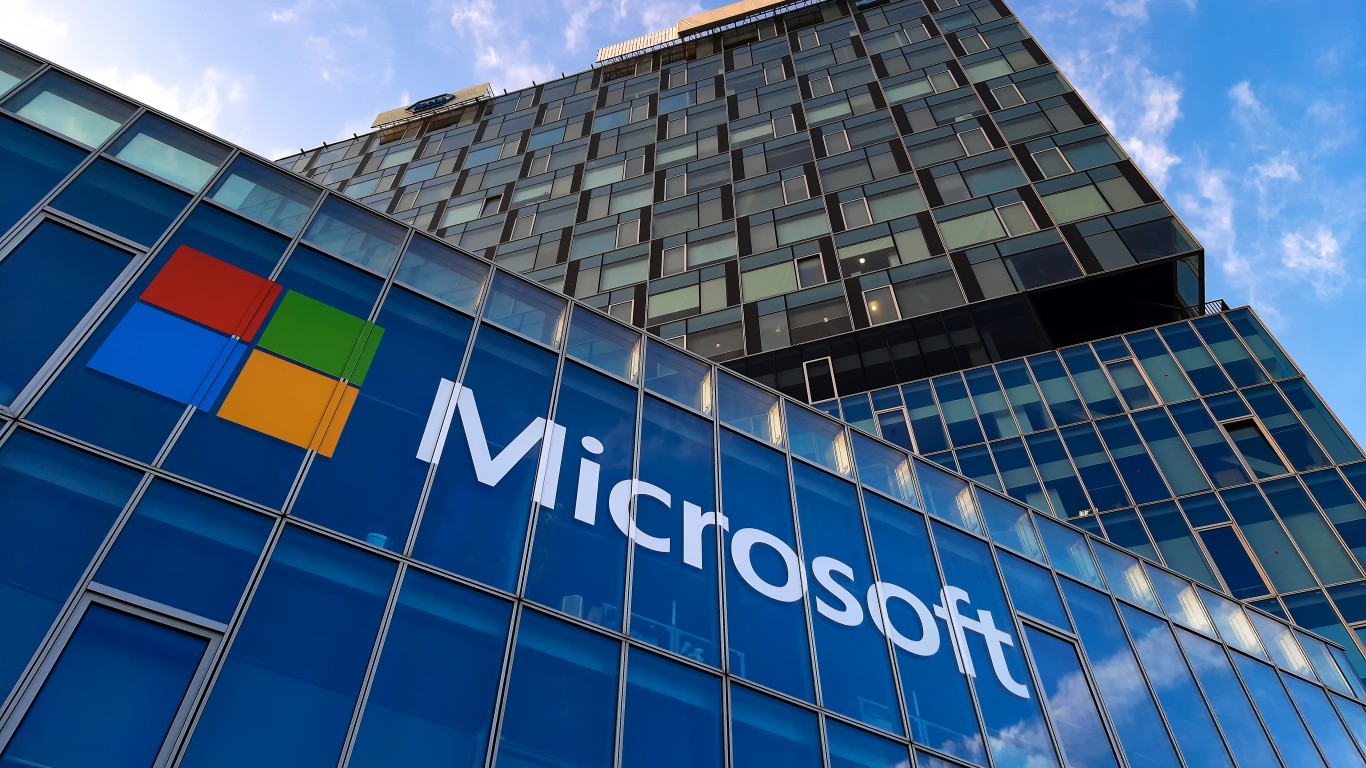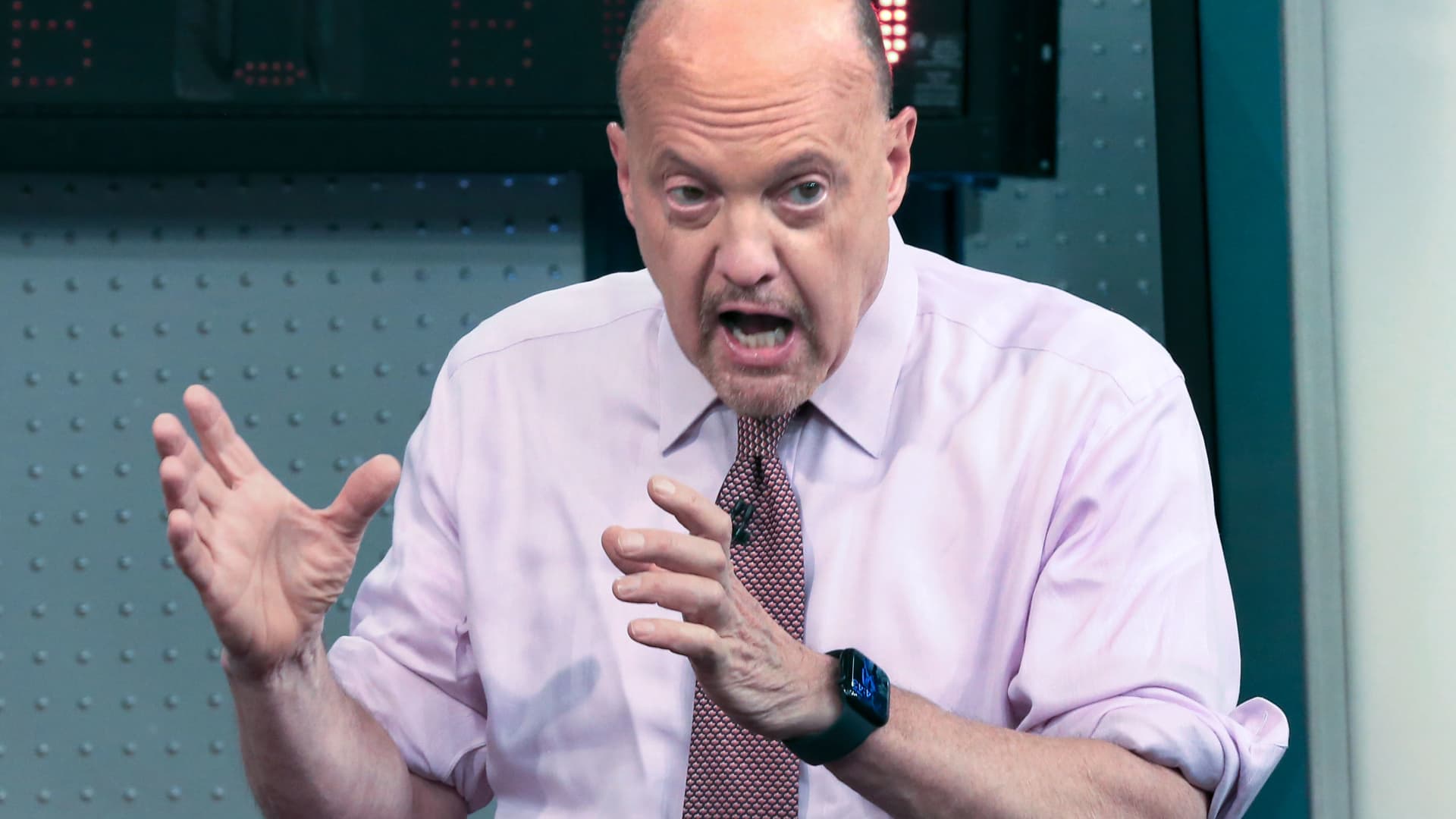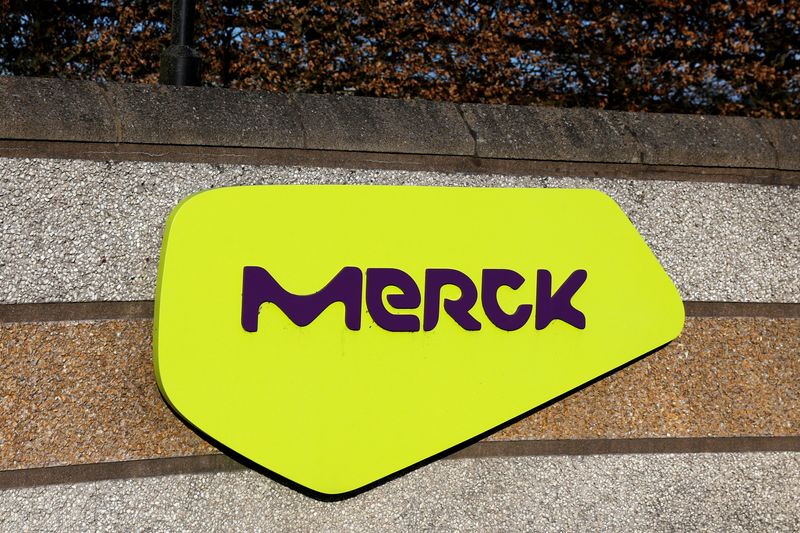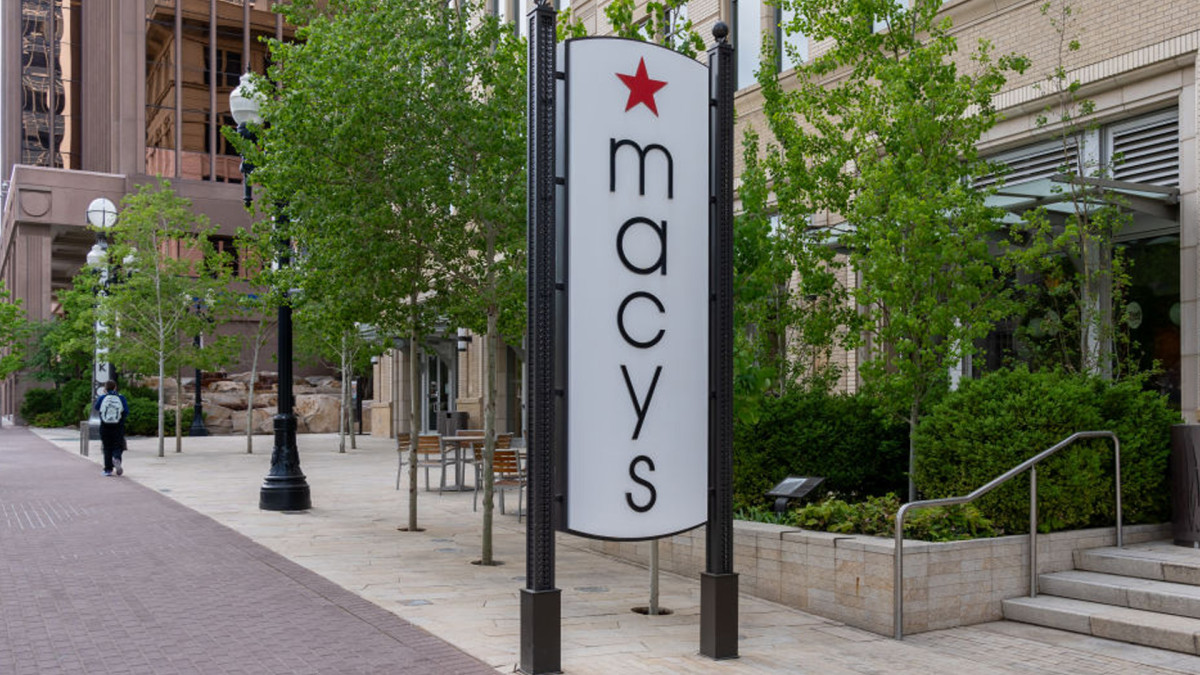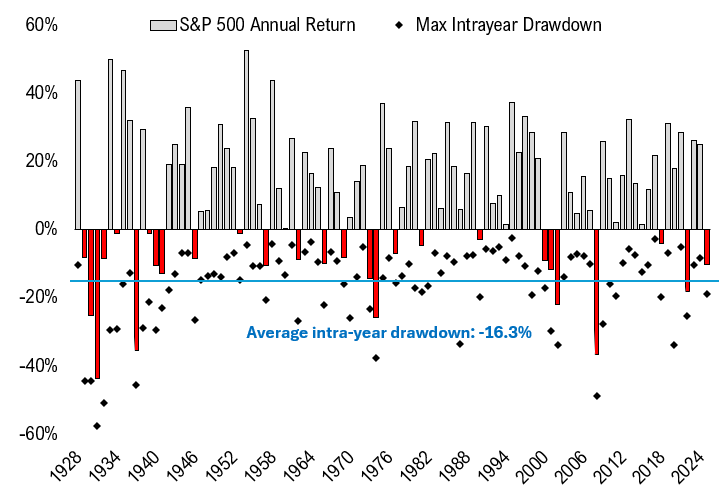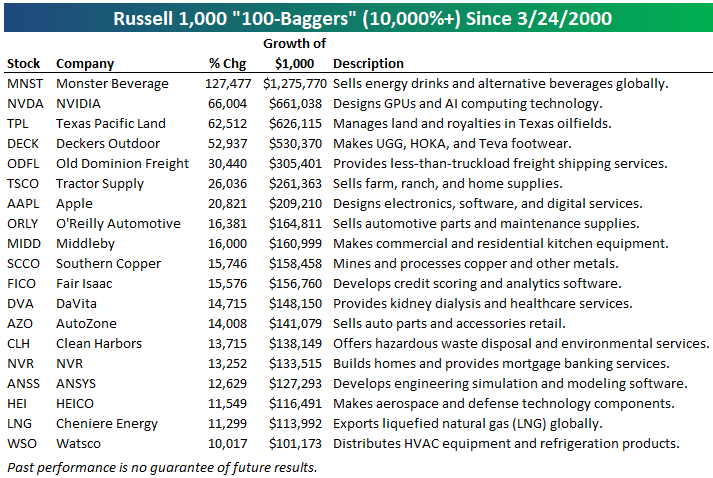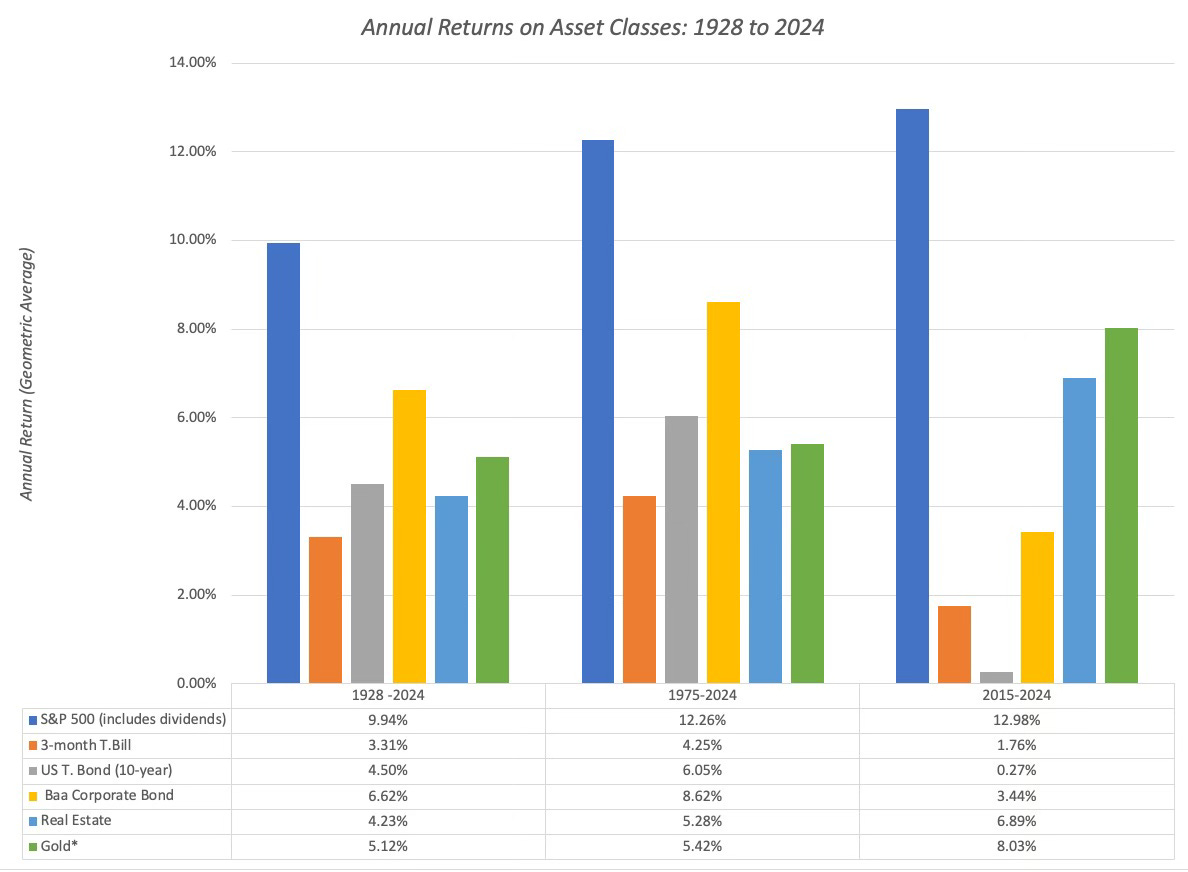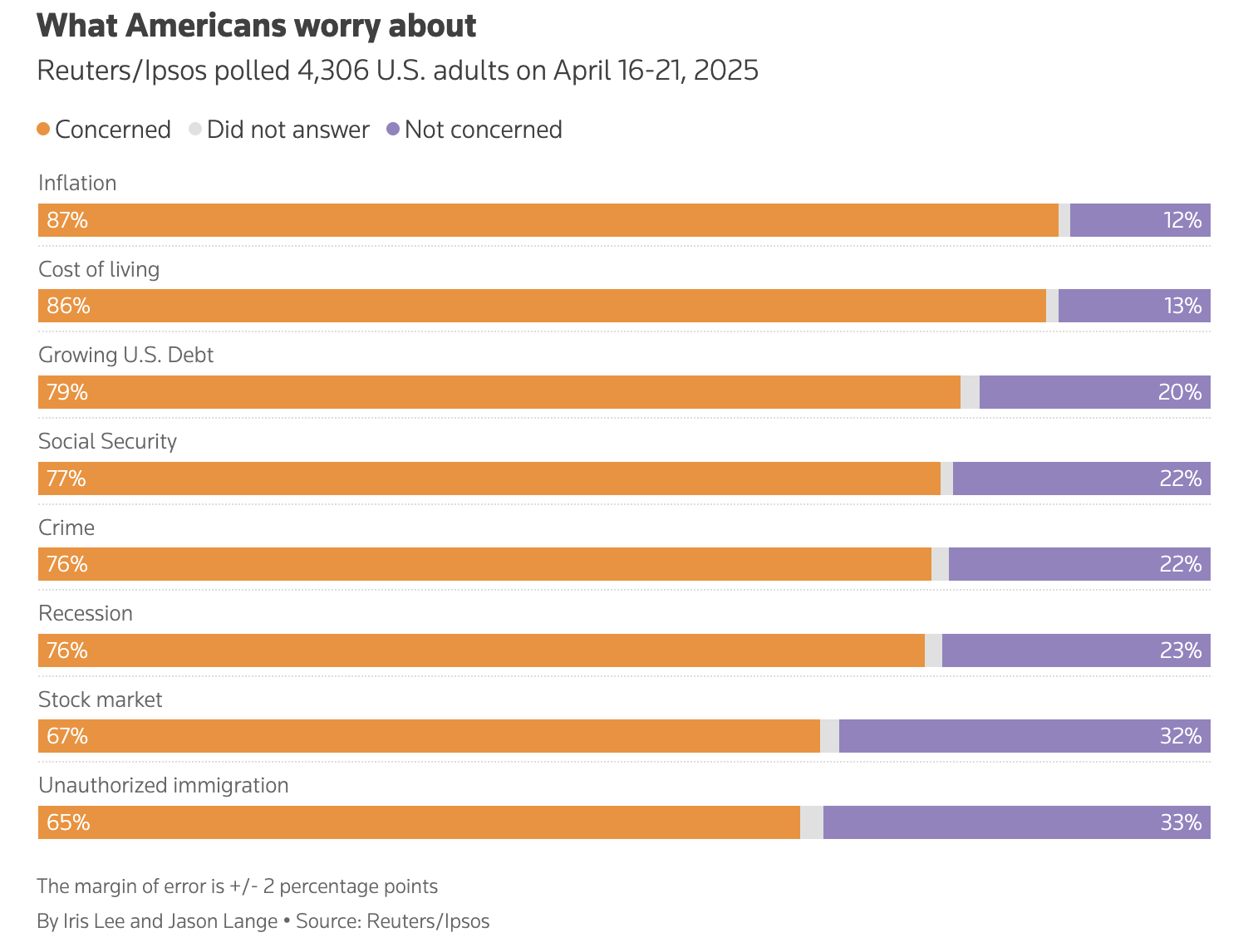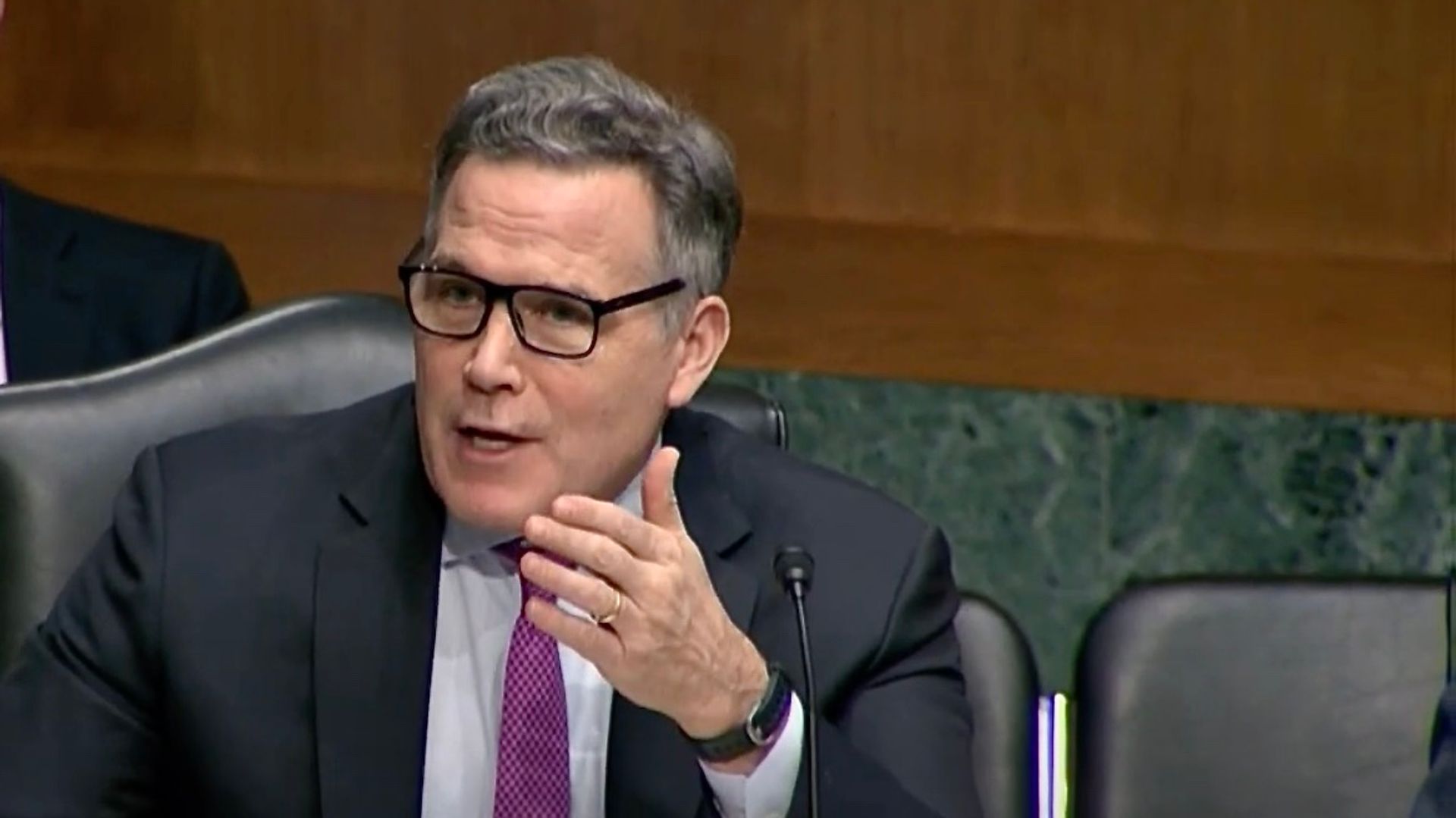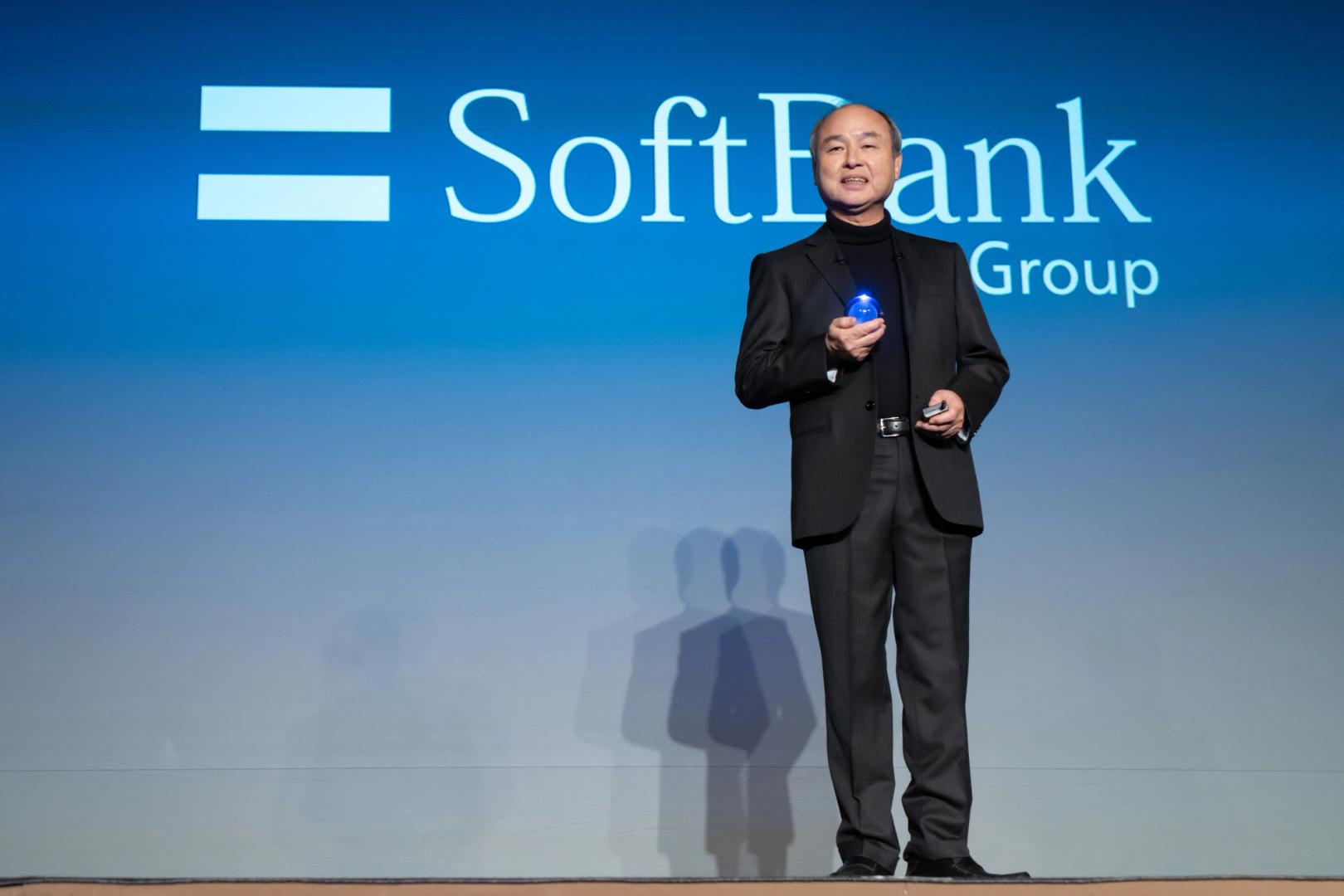Prediction: 1 Biotech Stock That Could Surpass Pfizer by 2030
Pfizer (NYSE:PFE) is a global pharmaceutical giant that has long been a cornerstone of medical innovation and today boasts a $128 billion market cap. Renowned for its blockbuster drugs like Lipitor and the transformative COVID-19 vaccine Comirnaty, developed with BioNTech (NASDAQ:BNTX), Pfizer has shaped healthcare for decades. Its $43 billion acquisition of Seagen in 2023 […] The post Prediction: 1 Biotech Stock That Could Surpass Pfizer by 2030 appeared first on 24/7 Wall St..

24/7 Wall St. Insights:
-
Pfizer (PFE) has been a behemoth in pharmaceuticals and drug development for decades, but lately has run into headwinds from vaccine sales, patent expiry, and more.
-
That opens the door for smaller rivals pursuing novel and innovative technologies and therapies to usurp Pfizer’s crown by 2030.
-
Nvidia made early investors rich, but there is a new class of ‘Next Nvidia Stocks’ that could be even better. Click here to learn more.
Pfizer (NYSE:PFE) is a global pharmaceutical giant that has long been a cornerstone of medical innovation and today boasts a $128 billion market cap. Renowned for its blockbuster drugs like Lipitor and the transformative COVID-19 vaccine Comirnaty, developed with BioNTech (NASDAQ:BNTX), Pfizer has shaped healthcare for decades.
Its $43 billion acquisition of Seagen in 2023 bolstered its oncology pipeline, while its RSV vaccine Abrysvo and migraine treatment Nurtec underscore its diversified portfolio. With $63.6 billion in 2024 revenue and a 7.5% dividend yield, Pfizer remains a powerhouse, leveraging its scale and R&D prowess to address global health challenges.
However, since the pandemic’s peak, Pfizer has faced headwinds. Declining COVID-19 vaccine sales (down 91% from their $37.8 billion 2022 peak) and falling Paxlovid sales (down 70%), have pressured revenue. Patent expirations for drugs like Eliquis by 2026, along with a 15% stock drop year-to-date, reflect investor concerns over growth. Regulatory hurdles and a $57 billion debt load from acquisitions further complicate its path.
As Pfizer navigates these challenges, it faces rising competition from agile biotech firms wielding AI, gene editing, and mRNA technologies. By 2030, these innovators could surpass Pfizer’s drug discovery dominance, threatening its long-held industry crown.
Bigger than Pfizer?
One of the challengers to Pfizer’s throne is CRISPR Therapeutics (NASDAQ:CRSP), a trailblazer in gene-editing biotechnology. Founded in 2013 and headquartered in Zug, Switzerland, CRISPR is leveraging the Nobel Prize-winning CRISPR/Cas9 technology to develop transformative therapies.
CRISPR aims to cure genetic diseases by precisely editing DNA, positioning it as a potential leader in drug discovery. Its innovative approach and recent accomplishments suggest it could surpass Pfizer in groundbreaking drug development by 2030, even if not in market size.
CRISPR’s flagship achievement is Casgevy, the first FDA-approved CRISPR-based therapy that was greenlit in December 2023 for genetic blood disorders sickle cell disease (SCD) and beta-thalassemia. The one-time treatment edits patients’ stem cells to restore healthy hemoglobin, offering a functional cure for 16,000 U.S. SCD patients and 7,000 with beta-thalassemia.
Co-developed with Vertex Pharmaceuticals (NASDAQ:VRTX), Casgevy generated $37.3 million in 2024 sales, with peak potential of $2 billion annually. The previous year’s $201 million was primarily from milestone payments, not product sales in 2024.
While that led to some investor concern about the drug’s long-term growth prospects following Casgevy’s approval, causing a 30% drop in CRSP stock over the past year, CRISPR has since expanded Casgevy’s reach. It secured approvals in Europe and the Middle East, and reported 97% of SCD patients transfusion-free post-treatment. Its pipeline also includes CTX211 for type 1 diabetes, entering phase 1 in 2025, and CAR-T therapies like CTX131 for solid tumors, showing early remission rates of 60% in lymphoma trials.
A growing portfolio of opportunity
CRISPR’s potential to outpace Pfizer lies in its platform’s versatility and speed. Unlike Pfizer’s reliance on traditional small-molecule drugs and acquisitions, CRISPR’s gene-editing technology targets the root causes of diseases, offering durable, one-time treatments. By 2030, its pipeline could address over 7,000 rare diseases, a $200 billion market, with therapies for muscular dystrophy and cystic fibrosis in preclinical stages.
Its AI-driven target identification accelerates development, reduces timelines from 10 years to five, compared to Pfizer’s slower, acquisition-heavy oncology focus.
Financially, CRISPR has $1.9 billion in cash and no debt, letting it fund R&D through 2028. Its 2024 revenue of $37 million, while a disappointment, reflects the changing nature of the biotech’s relationship with Vertex regarding Casgevy.
The outlook may be improving as CRISPR’s stock has gained 30% from the lows it hit earlier this month, putting it down just 1% so far this year.
Key takeaways
Risks remain, of course, including regulatory hurdles and competition. Yet, CRISPR’s scalable platform, targeting diabetes, cancer, and cardiovascular diseases, could redefine treatment paradigms.
Management describes 2025 as a “milestone-rich year” with a wider rollout of Casgevy and potential clinical wins over the next few years. CRISPR Therapeutics should be able to deliver curative therapies across multiple indications that allow it to surpass Pfizer’s drug discovery impact by 2030, helping reshape biotechnology with precision medicine.
The post Prediction: 1 Biotech Stock That Could Surpass Pfizer by 2030 appeared first on 24/7 Wall St..



































